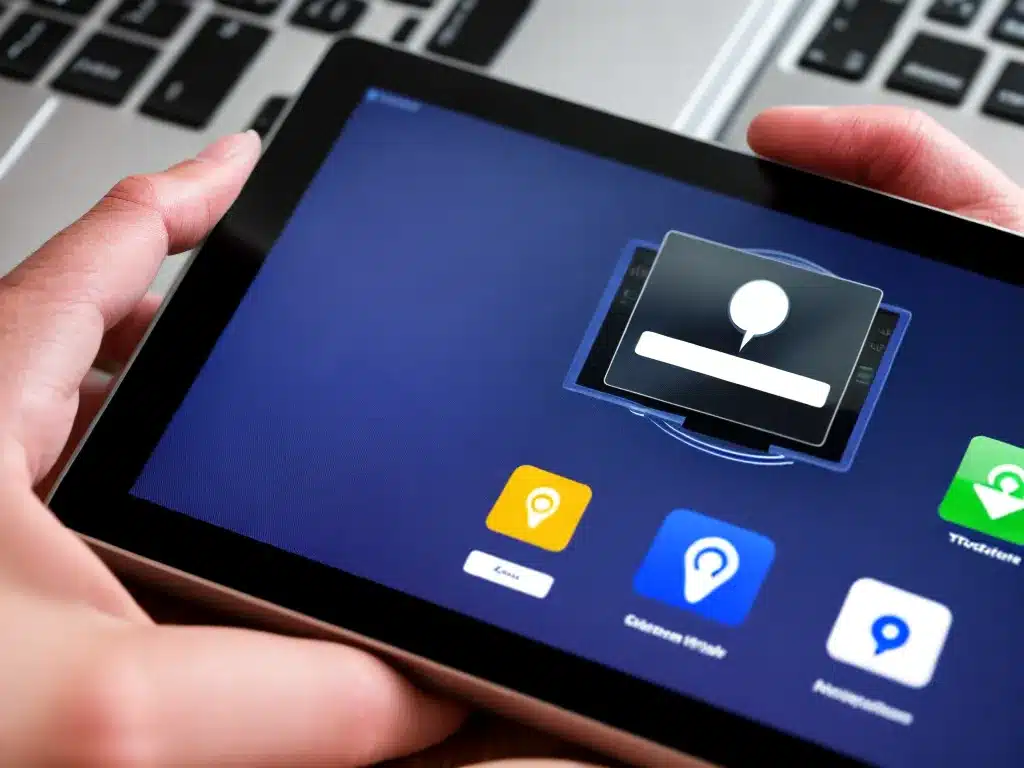
Why Multi-Factor Authentication is a Must This Year
Multi-factor authentication (MFA) has become an essential part of online security. With data breaches and account takeovers on the rise, relying solely on passwords is no longer enough to protect sensitive information. Here’s why enabling MFA should be a priority for everyone this year:
MFA Provides an Extra Layer of Protection
MFA requires users to present two or more credentials before being granted access to an account or service. Typically, this involves something you know (like a password) and something you have (like a code sent to your phone). Even if hackers steal your password, they can’t access your account without the second factor.
I have enabled MFA for all my important online accounts. Now, after entering my password, I need to input a six-digit code generated on my authentication app. This simple extra step gives me peace of mind that my accounts are more secure.
It Prevents Unauthorized Access
Over 80% of hacking-related breaches are due to compromised and weak passwords. Enabling MFA ensures that even if your password is guessed or stolen, hackers can’t access your accounts without the second verification code.
Last month, I received an email alert that someone from a different location was trying to log into my social media account. Thankfully, they were blocked on the next step when prompted for the MFA code. MFA prevented a major security incident for me.
It’s More Convenient Than Ever
In the past, MFA was inconvenient, relying on clunky physical tokens or one-time codes sent via SMS. New authentication apps like Authy and Google Authenticator make the process smooth and user-friendly.
I have Authy installed on my smartphone. With just a tap, it generates the time-sensitive 6-digit token needed to confirm my identity. The code self-replenishes every 30 seconds, so I don’t have to wait for an SMS or carry a separate device.
Many Services Now Require or Recommend It
Tech giants like Google, Facebook, and Apple have made MFA mandatory for their employees. Various online services are also prompting users to enable it before accessing accounts.
My bank asked me to setup MFA to improve security. While initially hesitant, the process was very simple. I just had to install their app and login once with a generated code. Now, for every sensitive transaction, I get a notification to authenticate using the app.
It Helps Safeguard Personal and Professional Data
MFA provides an added layer of protection no matter what you store online – personal photos, confidential work documents, or even cryptocurrency wallets. That’s why it’s recommended for employees accessing workplace networks.
At my office, MFA is enabled for remote employees logging into the servers. We can work securely from home, without the IT team worrying about potential intruders accessing company data and files.
Final Thoughts
MFA acts as a reliable shield against unauthorized account access, especially in instances when passwords have been compromised. With stronger adoption across digital platforms and simpler implementation, it’s clear why MFA should be embraced by every internet user this year. Enabling it only takes a few minutes but provides long-term security and peace of mind.












